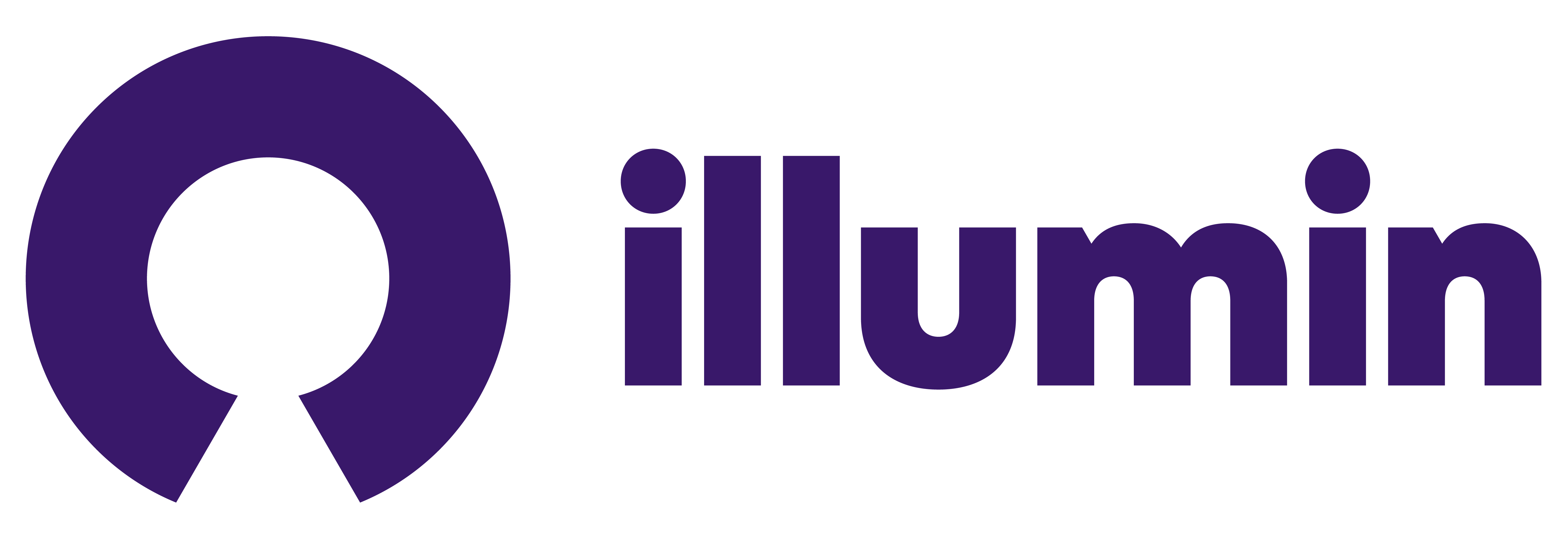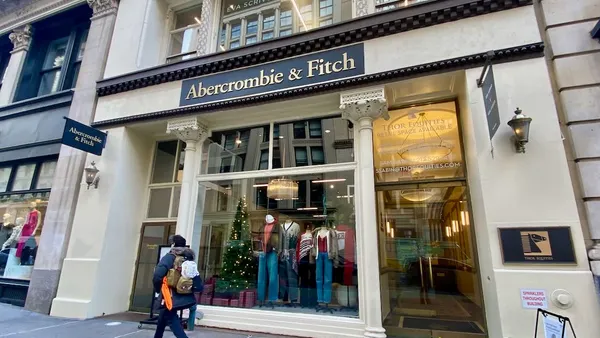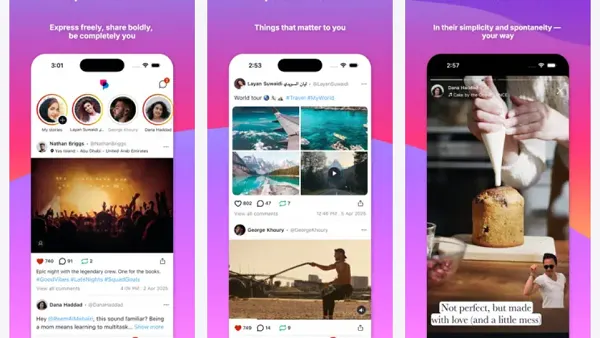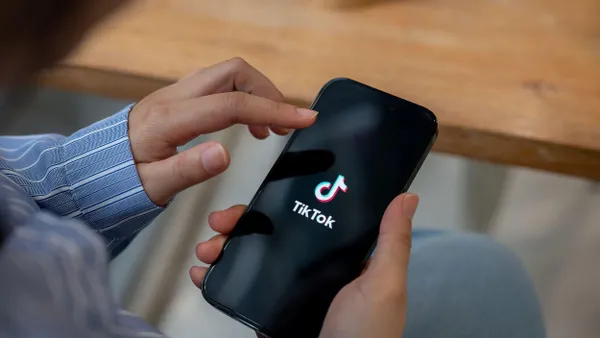Dive Brief:
- Felix Kjellberg, better known by his YouTube moniker "PewDiePie," has been dropped from YouTube’s Google Preferred advertising program following a series of videos featuring jokes with strong overtones of anti-Semitism, reports The Wall Street Journal. Season two of Kjellberg's show “Scare PewDiePie" has also been canceled by YouTube.
- YouTube’s actions come shortly after PewDiePie was dropped by Disney’s Maker Studios division, which manages talent on the video portal.
- PewDiePie is the most popular influencer on YouTube. His main channel currently has 53 million subscribers and the Journal cites research suggesting he made $9.2 million in ad revenue off of content in 2016, beating out celebrities on the platform including Justin Bieber and Rihanna.
Dive Insight:
The PewDiePie news should give marketers eager to advertise with influencers — and especially big name influencers — some pause. Kjellberg's creation of content featuring jokes ostensibly targeted at those of Jewish faith highlights how brands don't really have any control over the way influencers and creators behave outside of sponsored content.
PewDiePie was undoubtedly appealing for his huge, youth-centric audience, but, at the end of the day, Kjellberg isn't beholden to any guidelines other than the ones set up by YouTube, which the company claims he did not violate, though ads were removed from his more inflammatory posts.
The whole controversy arrives at a time when brands are becoming increasingly sensitive to the media they're placed near. Much of that discussion has been centered around news media and fake news, in particular, but user-generated content might pose as many risks to brand image. YouTube may now become more vigilant in cracking down on influencers in a "ripple effect" stemming from the PewDiePie dustup, sources told the Journal.
This also isn't the first time PewDiePiew has landed in hot water: He was at the center of a controversy around improperly disclosed sponsored YouTube content that led Warner Bros. to get slapped with sanctions by the FTC last year (though the blame there arguably rested more with Warner Bros. than with Kjellberg).











